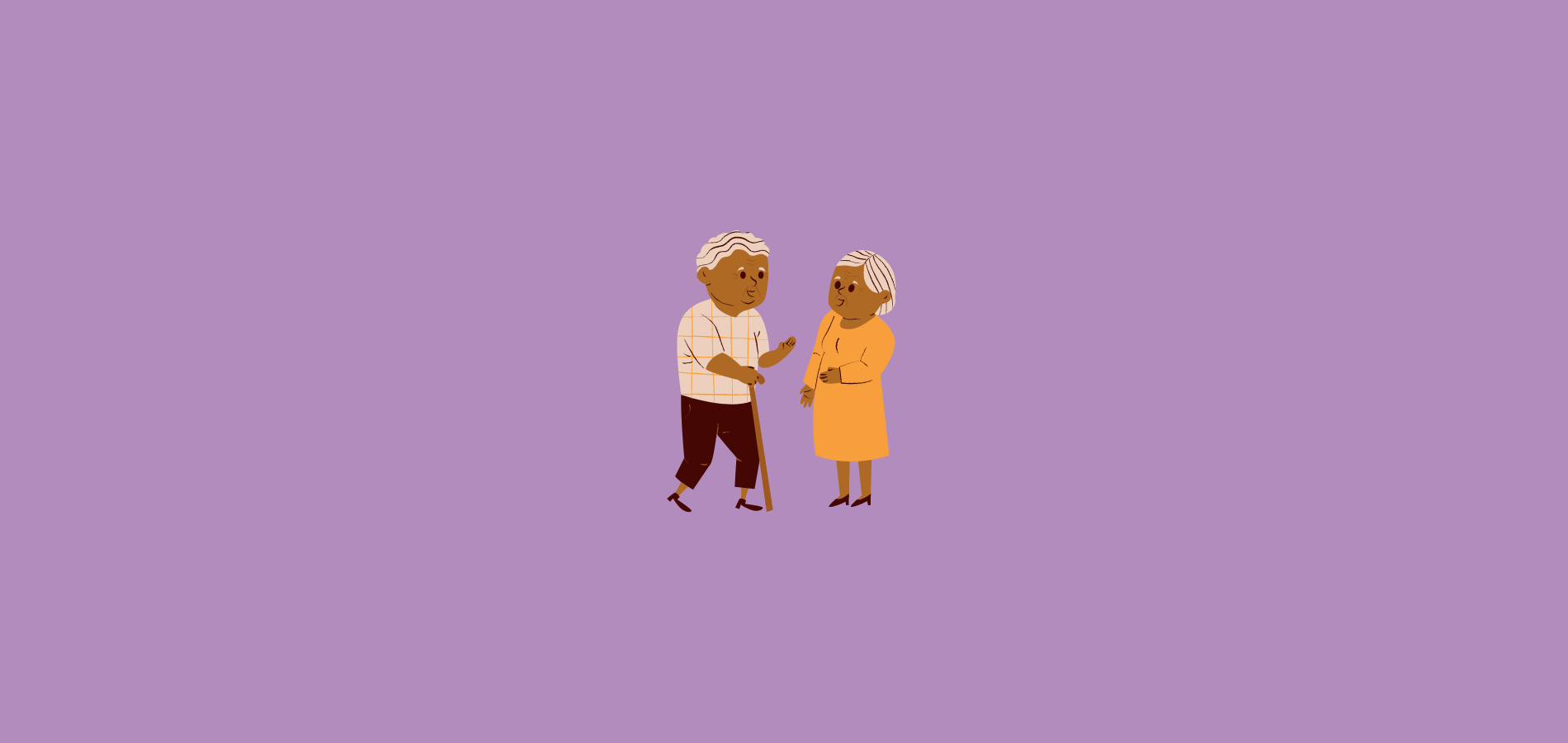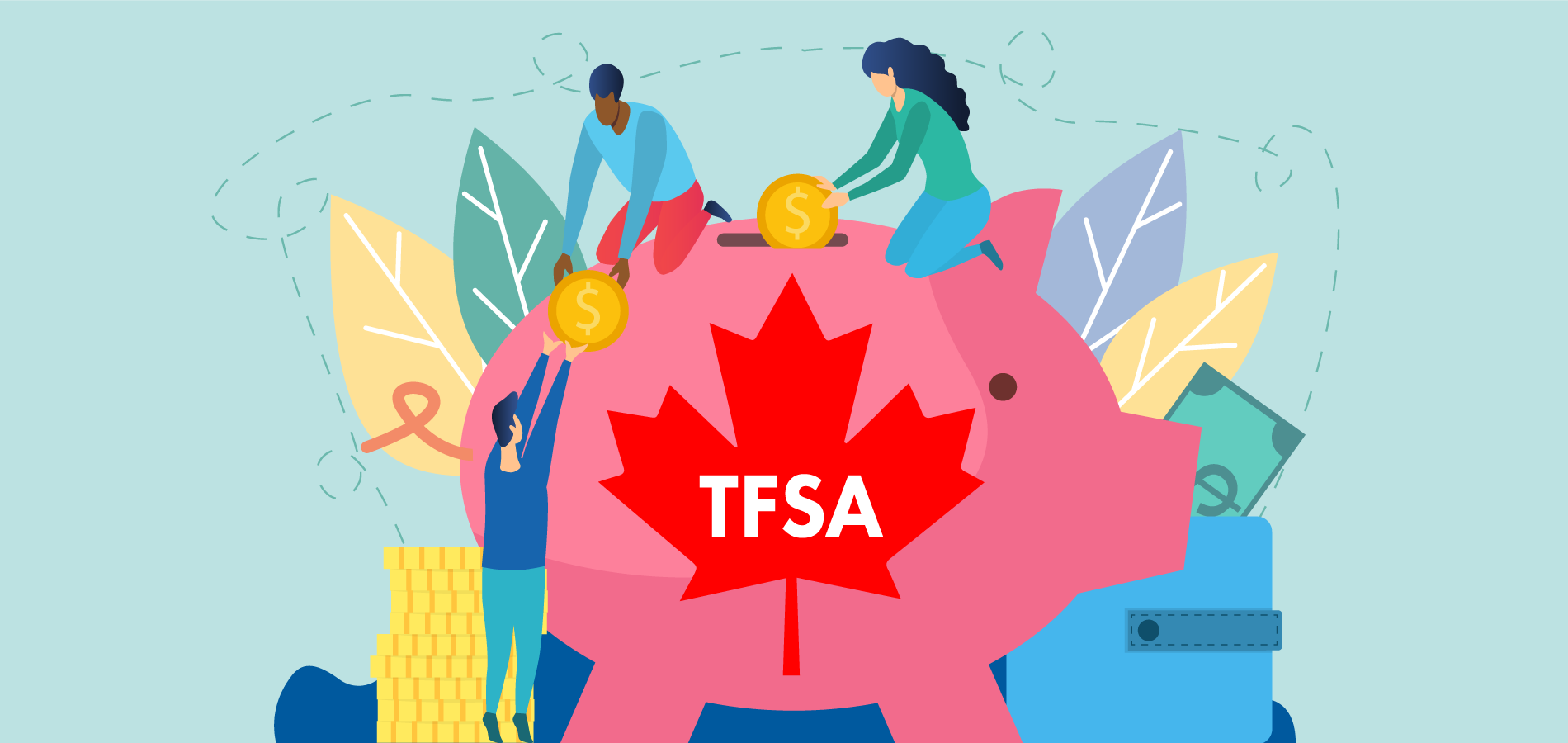There are many articles offering advice on how to plan financially for your retirement. Money is important and we’ll certainly dive into finances in this article. However, there is a lot more to retirement than cash – including how you will spend your time, who your friends will be and what your goals are.
That’s why we’re going to start with the non-financial aspects in planning for retirement in Canada.
Social
Unless you want to spend most of your retirement time with just your spouse, you will need to consider where your social connections will come from.
Many people have friends from their place of employment. While there’s nothing wrong with that, you may find that when you retire you lose your connection with your workplace acquaintances.
Throughout your retirement, you may need to make new friends. In your early retirement when you are active, you may meet people through a sport such as tennis or golf. As you age, you may adopt a more sedentary lifestyle - so pastimes like euchre or chess may be more common.
Whatever your interests, it’s important to find activities that will connect you with other people – at least for part of the day.
Work
If you’re getting ready to retire, why is work listed here? Well, one retirement strategy is to work part-time to maintain social connections, earn a bit of extra income and then ease into a full retirement.
There are several different options:
- Ask your current employer if you can work a few hours a week or take on some specific tasks. Just be careful. We know of one manager who shifted to part-time but found himself being bombarded with questions at all hours of the day and night. Set your limits, such as working three or four hours each morning.
- Consulting in your field. This allows you to take on projects when you want. But if you decide you want to take the winter off to go south, you can hang out your “Gone Fishing” sign.
- Try something different: Some retirees want to abandon 9-to-5 office work. They get a job as a barista or drive a few hours a week for Uber. Find something that fits your schedule and allows you free time for the activities you enjoy.
- Can you make money from a hobby? If you enjoy making Christmas decorations or wooden toys, you may be able to sell them on Etsy or another site. While you will need to declare this income on your tax return, you can deduct your expenses to minimize the tax hit.
In a survey of Canadians, a quarter said that the pandemic has delayed their plans to retire. Rising inflation is also a concern, with people on fixed incomes being worried about stretching their budget. So working part-time may be part of the solution.
Retirement Goals
Some people are just tired of working and want to retire. However, it’s important to remember that you could be retired for 20 years or more. You may want to spend time with your grandchildren, travel the world or take up a new hobby. Therefore, it’s important to make a plan before you quit.
How you expect to spend your time can have a big impact on your financial plan. For example, if you want to take several big trips overseas each year, you will need to determine how you will pay for this. On the other hand, it will cost you little if you simply want to enjoy local, low-cost activities such as hiking or cross-country skiing.
Some hobbies, such as reading books or playing bridge, don’t cost much. On the other hand, if you take up a new activity like woodworking, you may find yourself purchasing a lot of expensive equipment and materials.
Where will you live?
Many people are happy to stay in their home town, where they have friends and relatives. Others want to move out of the city and enjoy the quiet countryside. If you choose to stay in the same location, you still need to decide whether to remain in your current abode or perhaps downsize to a condo or apartment. If you plan to do a lot of traveling, there is a certain appeal to being able to simply lock the condo door and not have to worry about who will cut the grass or shovel the snow while you are away.
If possible, develop a long-term plan for retirement in Canada. Purchasing a hobby farm may seem idyllic but will you be able to do the maintenance when you are 75 years old?
Make a will
This may seem obvious, but half of Canadians don’t have a will. Sure, it’s hard to consider your own demise, but it’s inevitable. You don’t want to leave your heirs with a mess – so be sure to spell out your wishes. You should also provide someone with power of attorney to take care of your affairs if you become incapacitated.
Financials
As we have outlined above, your retirement activities and where you live will have an impact on your finances. It’s important to keep those in mind when making a financial plan for your retirement. Consider how you will save for retirement in Canada.
How much does the average Canadian having in savings? According to Statistics Canada, the average Canadian net worth for someone age 55-64 is $690,000. However, this includes home ownership. In a recent survey, many people acknowledged that they had not saved enough for retirement.
Here are some sources of income during retirement:
- Pensions: If you are lucky enough to have a government or private sector pension, how much money will it provide each month?
- Canada Pension Plan: The amount you receive will depend on your contributions over the years. The maximum possible is $1,203 per month; however, the average Canadian retiree received only $702. You can check your expected amount by logging into your Canada Revenue Agency (CRA) account. You will also need to decide when to start receiving CPP payments – if you wait until the age of 70 you will receive significantly more each month.
- RRSP and TFSA: How much money have you saved? If your retirement date is still a few years away, there’s still time to build up your nest egg by making contributions. You will also need to decide when you will start making withdrawals by setting up a Registered Retirement Income Fund (RRIF), which must be done by age 71. On the other hand, you can keep your money in a TFSA until death.
- Other sources of money: As we have mentioned, you can earn extra income by working part-time for a few years. Or you can sell your house and downsize, using the remaining cash to help fund your retirement.
If you have a financial planner, they should be able to help you to determine how much money you will need. Alternatively, there are several online financial planning calculators you can use.
In summary: Planning for retirement
As you can see, there are many pieces to the jigsaw puzzle of retirement planning in Canada. That’s why it’s a good idea to start a few years before you stop working. Good luck!





